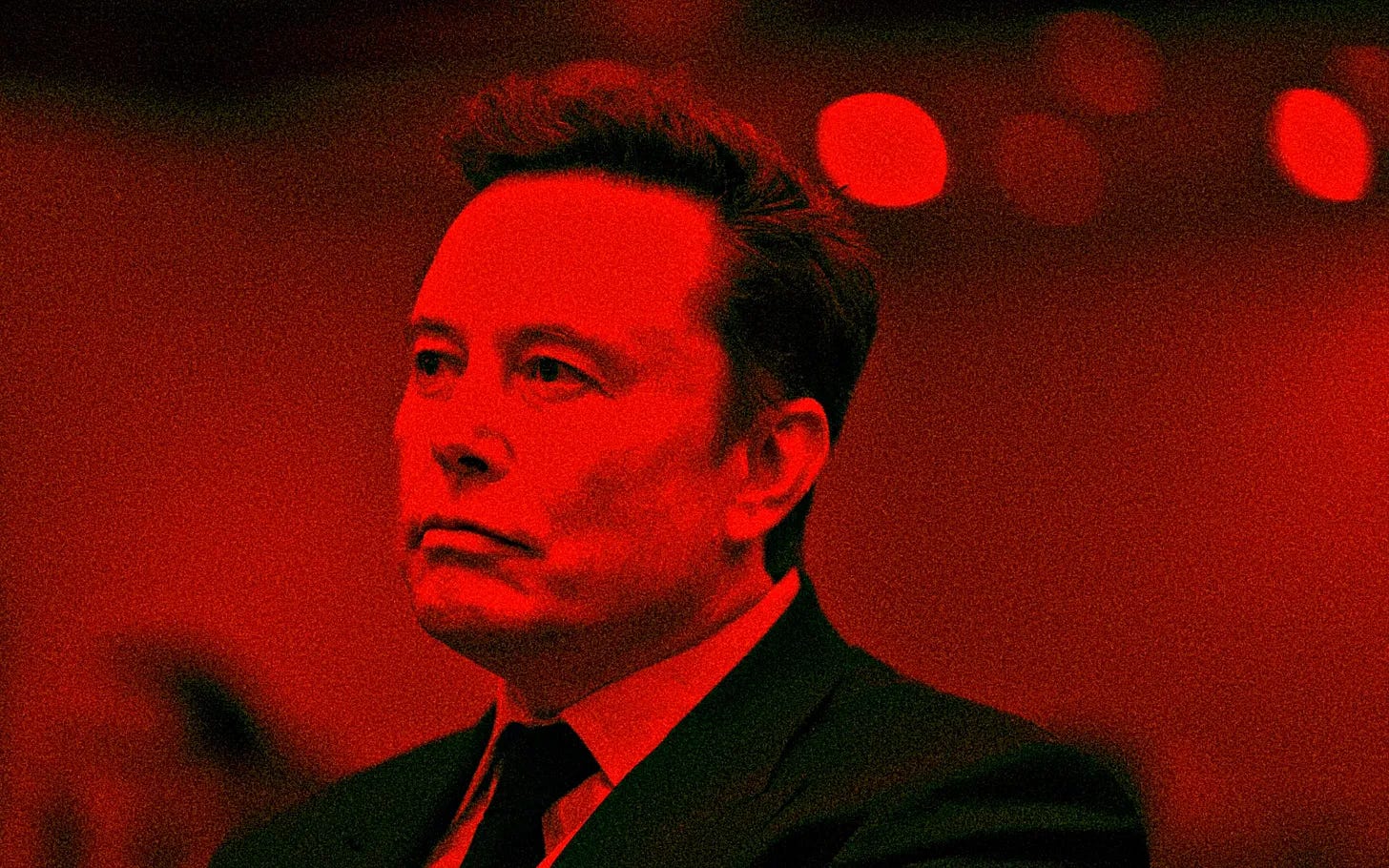Trump's Friday Afternoon Massacre
Firing the inspector generals and replacing them with Elon Musk
One of Trump’s first actions as a second term president was firing 17 inspector generals, who are the appointed watchdogs for waste, fraud, and abuse in the federal government. He has functionally replaced them with a super-inspector general, Elon Musk, who runs a shadow agency, DOGE, that has been given supra-constitutional powers over federal funding and personnel.
In this article, I dig into the history of the inspector general corps, which highlights the extent to which Trump’s and Musk’s actions flout the separation of powers between the legislature and executive branches. It ought to be an impeachable offense, although Republicans in Congress are thus far unwilling to defend their own constitutional prerogatives. I’ll include an excerpt below but you can read the full, ungated essay at The UnPopulist.
The 1978 Inspector General Act was designed to insulate inspectors general from executive manipulation by requiring them to report to Congress. When an inspector general completes an investigation, they turn the report over to their agency head, who is allowed to offer comments on the report but who must turn the report over to Congress within seven days. In other words, agency leadership, which serves at the pleasure of the president, is not allowed to squelch the findings of their inspector general even when their findings are embarrassing to the agency or to the administration more generally.
This, as you can imagine, makes inspectors general unpopular with the White House. They are usually career civil servants—unlike the agency heads—and their reports are frequently a public relations liability. And since most IGs are holdovers from previous administrations, it is easy to suspect them of working against the interests of the current administration.
As a result, past presidents have attempted to wipe the slate clean by firing IGs. Reagan tried to remove 16 in 1981, although he was then pressured to rehire five by Congress. George W. Bush tried again in 2002, although he ultimately fired only two. Obama fired one. As a Bush administration official put it, presidents want someone who won’t “constantly play ‘gotcha’” or get “a little too enamored of their independent status” or “hurt the agency.” In this framing, IGs are not meant to prevent fraud and abuse per se; they are “there to help the agency.” Implicitly, that means making the agency—and, by extension, the administration—look good and not bad.
However, unlike with Trump’s dismissals, these earlier removals were legal because in the text of the 1978 law, Congress had assumed that presidents would not simply fire inspectors general because of the poor optics of removing government watchdogs. It signaled having something to hide to a public that had grown leery of White House abuses.
Clearly, that was insufficient incentive.



